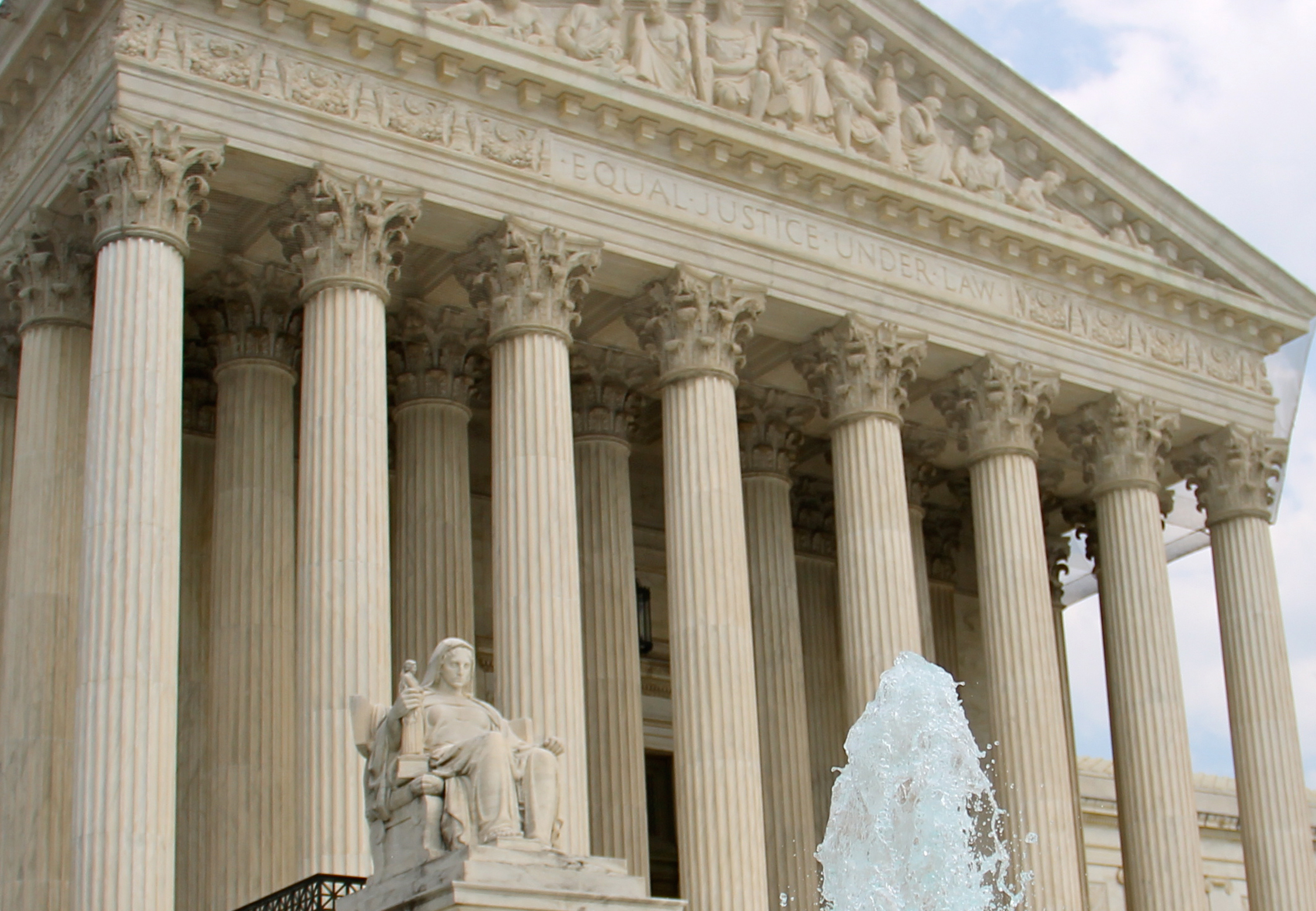Justice Thomas Opens Up

The smarter way to stay on top of broadcasting and cable industry. Sign up below
You are now subscribed
Your newsletter sign-up was successful
It appears it may have taken a live audio feed streamed to a wider public to turn Supreme Court Justice Clarence Thomas from taciturn to talkative, relatively speaking.
The court is holding oral argument by teleconference in the age of COVID-19, and is allowing the wider public to listen in for the first time. C-SPAN is covering the hearings, using pictures of the speakers (above, Thomas and assistant to U.S. solicitor general Christopher Michel.
For the second day in a row, and only the second day of streamed live audio in the Supreme Court's history, Justice Thomas asked multiple questions during oral argument.
Thomas has been famous for asking virtually no questions in oral argument throughout his tenure on the bench.
Thomas felt free to speak during oral argument on a case with, appropriately, free speech implications. The first case on the Tuesday (May 5) docket was "United States Agency for International Development (USAID) v. Alliance for Open Society International, Inc." It involves the Trump Administration's defense of a policy that U.S. AIDs and HIV funding to foreign affiliates, even ones with associated U.S. affiliates, is contingent on their adopting anti-prostitution and anti-sex trafficking policies. The court has already ruled that the policy can't be applied to U.S. entities due to First Amendment issues, but the Administration is still applying it to foreign entities who lack that free speech protection.
Following Monday's (May 4) first-ever live audio stream, Fix the Court executive director Gabe Roth had pointed out that Thomas had asked questions of both attorneys in the initial oral argument after asking questions in only two oral arguments since 2006.
Also for the second day, Justice Sonia Sotamayor had a bit of an issue with un-muting her line. "Did it again," she told Chief Justice John Roberts after a little bit of dead air.
The smarter way to stay on top of broadcasting and cable industry. Sign up below
Contributing editor John Eggerton has been an editor and/or writer on media regulation, legislation and policy for over four decades, including covering the FCC, FTC, Congress, the major media trade associations, and the federal courts. In addition to Multichannel News and Broadcasting + Cable, his work has appeared in Radio World, TV Technology, TV Fax, This Week in Consumer Electronics, Variety and the Encyclopedia Britannica.

